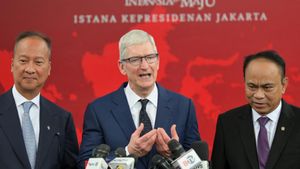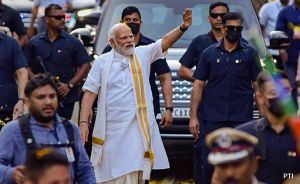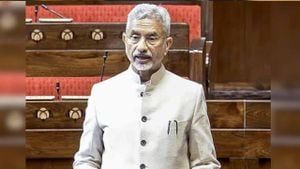Germany is bracing itself for significant political changes as tensions escalate and the clock ticks down to the upcoming federal elections set for February 2025. The backdrop to this election is marked by the turbulent political atmosphere is the recent loss of confidence faced by Chancellor Olaf Scholz of the Social Democratic Party (SPD). The recent trust vote he lost has opened the floodgates for the dissolution of the Bundestag, setting the stage for fresh elections.
To grasp the magnitude of this election, it's worth noting the timeline of events leading up to the elections. According to reports, on December 16, 2024, Chancellor Scholz formally confronted the Bundestag with the question of confidence and unfortunately did not pass this test. Based on this outcome, the Chancellor proposed the dissolution of the Bundestag to Federal President Frank-Walter Steinmeier, who now has 21 days to respond. If he approves, elections could take place within 60 days following the official dissolution. This timeline places us firmly on track for elections.
Sweetening the pot even more, key parties are preparing their campaign strategies. December 17, 2024, will see the CDU and CSU coming together for their board meeting to finalize their election program. Meanwhile, other parties like the SPD, Die Grünen (The Greens), and FDP (Free Democratic Party) are also expected to present their lists of candidates and campaign platforms on the same day, setting the tone for the ensuing weeks.
A flurry of political activity is scheduled for the rest of December. On December 21, the Left Party will convene its speciale representative assembly to finalize their candidate list. Moving onto January, things start heating up. On the 11th, the SPD plans to confirm Olaf Scholz as their Chancellor candidate at their party convention, following closely after the AfD (Alternative for Germany) assembles in Riesa with Alice Weidel possible as their candidate.
The candidates are not the only ones facing pressure. Minor parties are scrambling against the clock. To remain on the ballot, they must gather at least 2,000 signatures before the deadline of January 20, 2025. Legal tussles are also anticipated. On January 21, 2025, complaints can be filed with the Federal Constitutional Court if any party's proposal is not accepted by the Electoral Committee. This essence of real-time political strategy and litigation adds layers of complexity to this electoral season.
The process doesn't stop there. Following approval of party lists, there is yet another crunch time. By January 27, 2025, parties can still challenge any approved election lists. The last week of January introduces another round of high-stakes deadlines, with the printing of ballots occurring on January 30 — just days before campaigning intensifies amid the winter festivities.
Come February, the political machinery will be running at full speed. The CDU will hold its federal party meeting on February 3, and by the 6th, voting ballots will begin distribution to election offices, allowing constituents to prepare for the substantive voting period. Brief voting papers are set to be distributed the following week, but voters should be cautious. They are strongly advised to either hand-deliver their applications for mail-in ballots directly to local authorities or be ready to show up to the polls on February 23, 2025, as the election day itself. This time, those voted winners of local constituencies won't automatically waltz their way back to the Bundestag, as the legislative body will be limited to 630 seats.
All this spectacle of political maneuvering will culminate on February 23, 2025, when polling stations across the nation will be open from 8 AM to 6 PM. It's certainly bound to be a tightly contested race with important repercussions for each main party involved. Change is palpable, and with it, the potential for new leadership, policies, and direction for Germany is on the horizon as voters prepare to make their voices heard.



